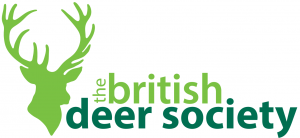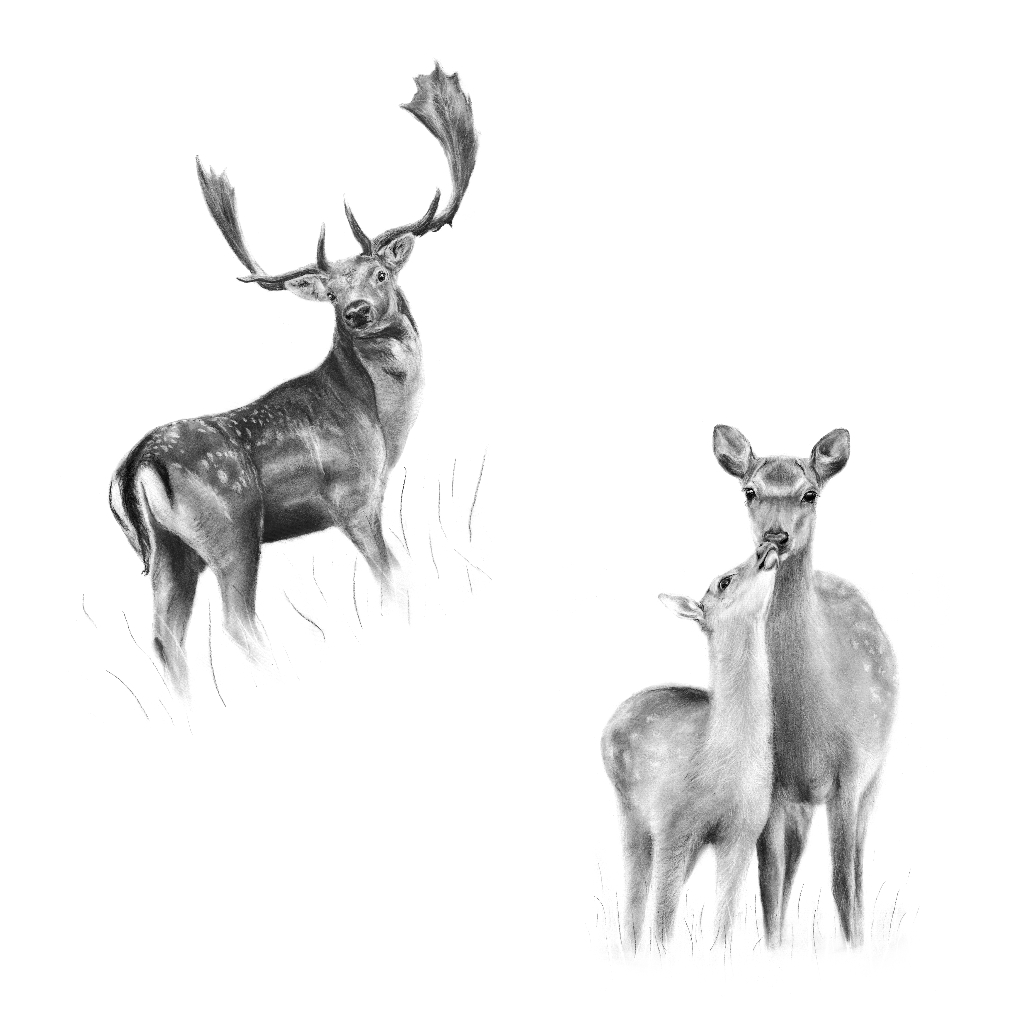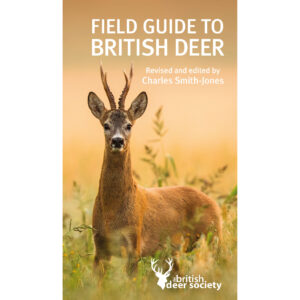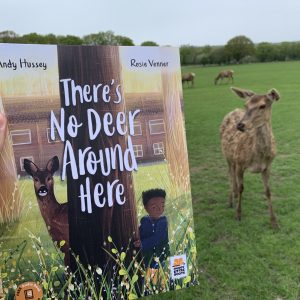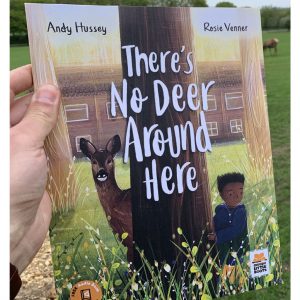Dedicated HAD Volunteers There for Deer in Dire Need
Share article:
Article by:
Andrea Barden, Marketing & Fundraising Executive, British Deer Society
Updated on 18th December, 2024.
Dedicated HAD Volunteers There for Deer in Dire Need
Up to 70,000 deer collide with a vehicle on the UK’s roads each year. Many that are hit die almost instantly, but between 12,500 and 22,200 will be left barely alive and suffering at the roadside, fatally injured, incapacitated, and highly stressed.
It’s an awful situation to witness – not just for the driver and passengers involved, but also for passers-by and the traffic police attending the scene. No one likes to see an animal suffering in such a way.
Who can help a deer suffering in such a situation?
In all situations involving a deer alive and injured at the side of the road, the local police should be informed. Although it may be tempting to get involved, an injured deer can still be capable of causing injuries to an inexperienced rescuer so dealing with the situation is always best left to a suitably trained operative.
Wild deer are highly stressed by the immediate proximity of human beings, and this is increased by unnecessary handling. Furthermore, collisions with motor vehicles can cause extensive internal injuries that are not immediately apparent. As a result, deer can be extremely difficult to rehabilitate successfully and, even where it is possible, an animal may never recover sufficiently to be released into the wild again. In a great many cases euthanasia is the only practical and humane option.
See: What to do if you hit a deer on the road / see an injured deer on the road.
If the police force receiving the report has suitably equipped officers available, they may request them to attend the scene to humanely euthanize the deer. Whilst grateful for the police taking on this responsibility, many would argue that this may not be the best use of their time and resources. There’s also always the concern that an armed officer called to the scene becomes unavailable to attend other urgent incidents elsewhere.
A veterinary professional is an alternative option for the police to call upon if one is available, but this can still involve substantial risk because even a severely incapacitated deer might still react and injure the person who is attempting to restrain and euthanize it using veterinary drugs. The necessary restraint involved can also cause heightened levels of unnecessary stress to the deer.
Are there any alternative solutions?
Yes: several police forces across the UK can call upon the help of a network of experienced and trained operatives known as Humane Animal Dispatch (HAD) volunteers.
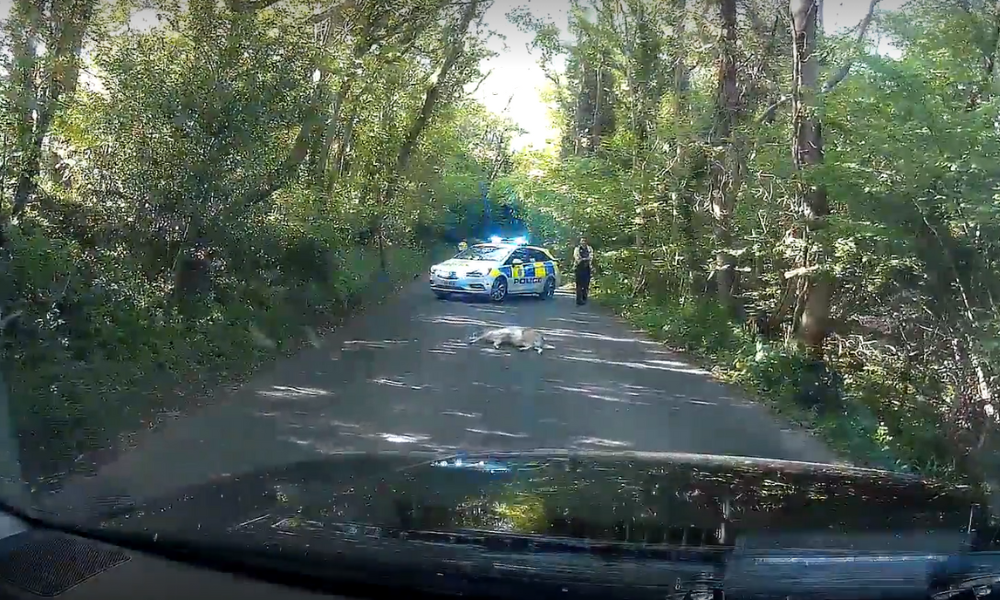
What is a HAD VOLUNTEER?
A HAD volunteer is a dedicated, private individual who is prepared to go out of their way, very much at any time of the day or night, to attend to a deer, or to any other animal in dire need, at the roadside or elsewhere.
They work in close liaison with their local police force and are required to complete special assessments and training to do their work.
On top of this training, HAD volunteers needs to possess an ‘OPEN’ Firearms Certificate and have appropriate firearms, ammunition, transport and fuel – all of which they usually pay for themselves. Some forces allow volunteers to claim mileage expenses if they are registered as an official volunteer under their scheme.
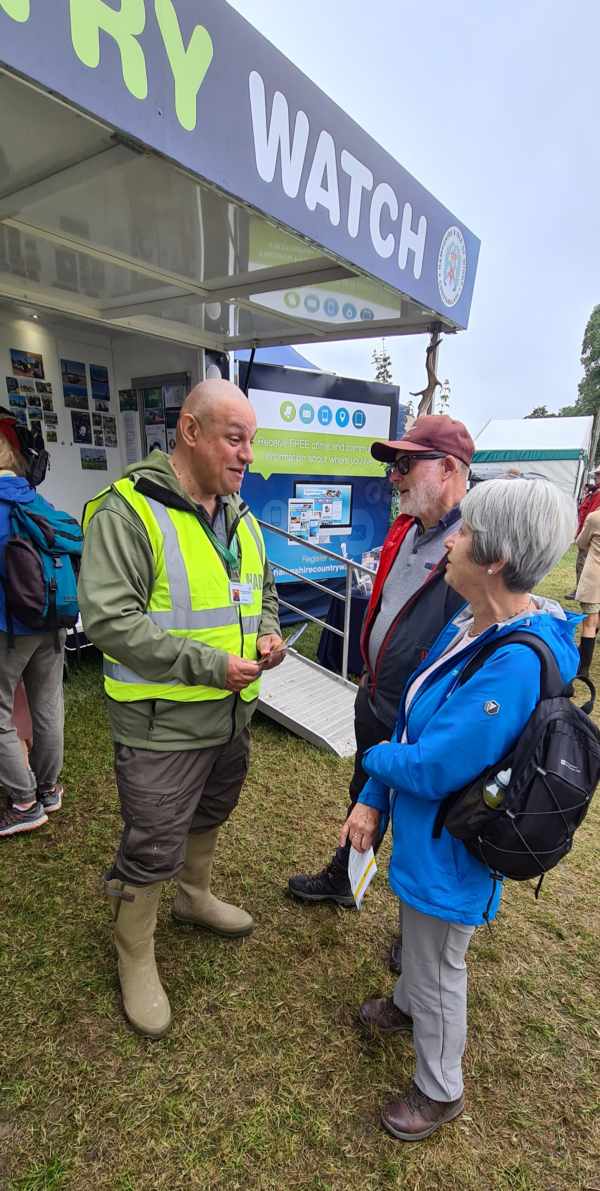
HAD volunteers also need additional safety equipment including high-visibility clothing and warning lamps. Additional kit, such as dispatch screens and blankets may also be necessary to prevent public distress.
Choosing to be an HAD volunteer is therefore not a decision that anyone takes lightly. Those who do so are obviously passionate about deer welfare and believe that no deer should be left to suffer unnecessarily.
On top of that, some HAD volunteers, such as Chris who is part of the Hampshire and Isle of Wight Constabulary HAD Volunteer Scheme, also give their time to help us and the police raise awareness about driving deer aware and the vital importance of HAD volunteer schemes.
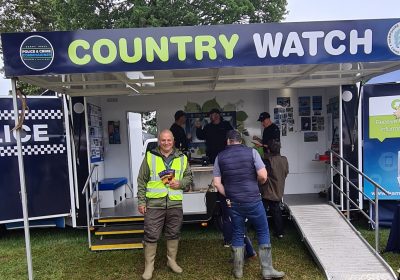
CAN YOU HELP US KEEP HAD VOLUNTEERS SAFE AS THEY TURN UP FOR DEER IN DIRE NEED?
HAD volunteers require some essential equipment including jackets, vehicle protection lighting, vehicle signage and safety glasses to carry out their role safely and effectively.
In all this equipment currently costs £304 per HAD volunteer.
We are actively raising funds to assist new police-approved HAD volunteers with this critical gear that will keep them safe. By helping provide this equipment we will also help support additional cost savings for police forces, which we hope they can reinvest into local policing.
HIOWC are currently expanding their number of HAD Volunteers. To help keep these 20 or so new volunteers safe we are looking to raise an initial amount of £6,000 towards equipment. Any additional funds raised past this target will be held to purchase the equipment for new police approved HAD volunteers in other counties that adopt the HAD Volunteer Scheme in the future.
ADD YOUR SUPPORT & HELP US RAISE £6,000 FOR HAD’s
If you’d like to help please add your support today. Any gift, no matter how small will help keep these dedicated volunteers safe as they turn up for deer in need at anytime of day or night.
Choose a donation amount:
A NATIONWIDE HAD VOLUNTEER SCHEME
Since 2022 the Hampshire and Isle of Wight Constabulary (HIOWC) have been working to enhance their existing HAD Volunteer Scheme to meet police operational standards. The purpose of this work has been to promote rollout of their scheme to other police forces across the UK. The BDS is working closely with HIOWC and other parties to support this initiative. We hope this work will see increased numbers of HAD volunteers available to attend deer in dire need across the country alongside a reduced burden on key police resources.
Learn more: From local action to national rollout: Reducing deer suffering after road collisions.



